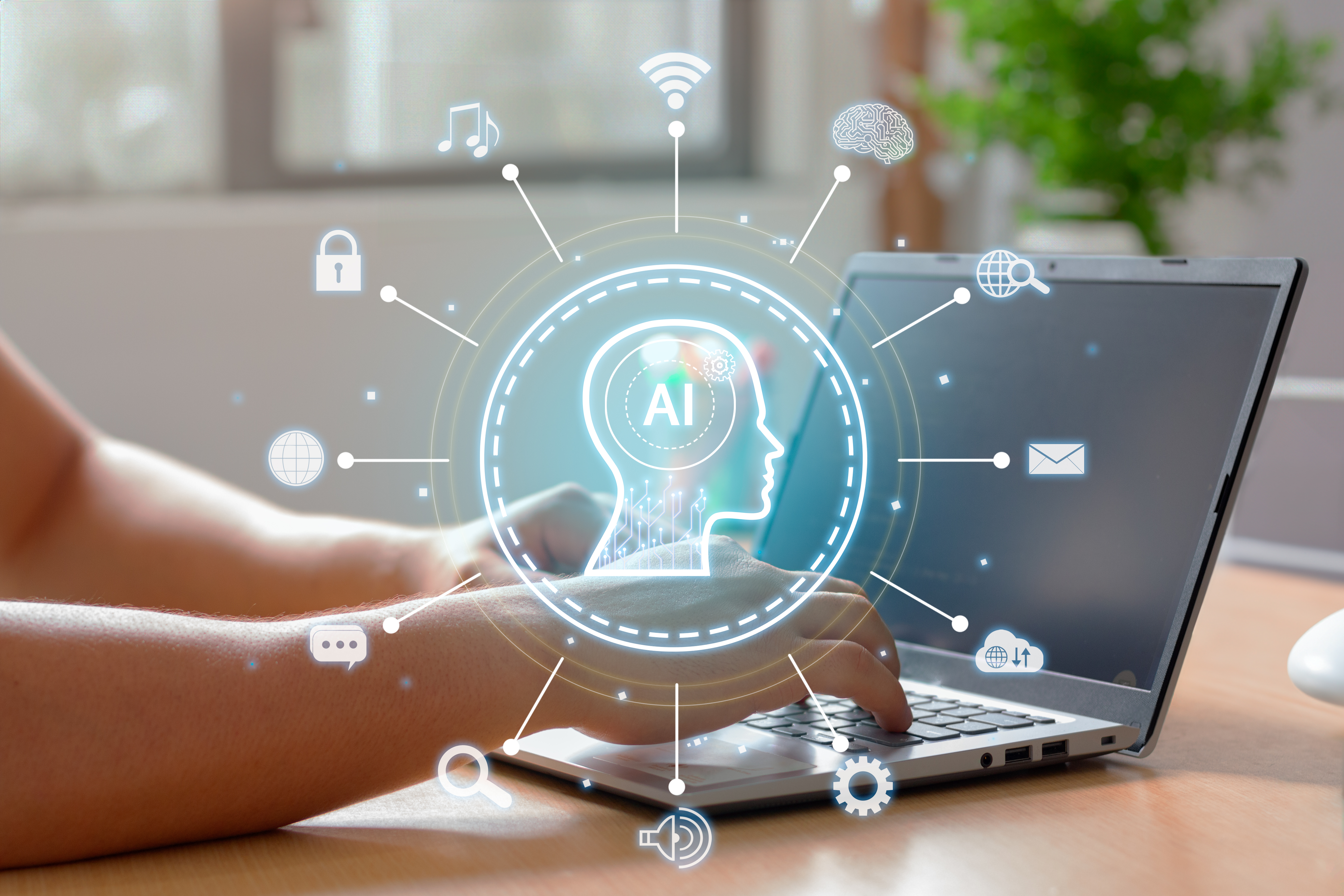Artificial intelligence (AI) is turning almost every aspect of our daily lives upside down, from healthcare to the entertainment industry. One domain in which it has also had a far-reaching and lasting impact is translation. As technology moves forward, artificial intelligence in translation has changed the way businesses and people communicate in different languages.
Automating Translation Processes
One of the most momentous effects of artificial intelligence in translation is process automation. Machine translation tools such as Google Translate tap machine learning algorithms and neural networks to deliver fast and accurate translations. This makes it much easier to converse across borders and understand content written in numerous languages.
Efficiency and Speed
Artificial intelligence in translation has also significantly stepped up process efficiency and speed. Translating a large amount of text used to be time-consuming and labour-intensive, whereas now businesses can translate lengthy documents in minutes, thus saving time and money.
Translation Quality
Notwithstanding considerable progress in accuracy, artificial intelligence still falls short of human translators in terms of quality. Yet artificial intelligence is still an extremely handy translation tool for lots of professionals. They can harness computer-assisted translation (CAT) programs which draw on artificial intelligence to make recommendations and enhance translation consistency and accuracy. You can check out the differences between human and machine translation on our blog.
Customisation and Cultural Adaptation
Artificial intelligence in translation can translate text and also help with tailoring the culture of the content. Artificial intelligence systems can pinpoint cultural differences and deliver translations which factor in regional differences and audience preferences. This is pivotal for businesses looking to successfully break into international markets. Take a peek at our services and see what they can do for you.
Continuous Learning
Artificial intelligence in translation gets better over time as it gathers more data. The more translated text it processes, the more accurate it becomes. This means the quality of AI-generated translations will continue to pick up as AI is used across varying contexts and in different languages.
Ethical and Privacy Challenges
In spite of artificial intelligence’s numerous benefits, in translation it also triggers ethical and privacy concerns. Using machine translation can lead to misunderstandings in crucial situations while compiling data to enhance artificial intelligence systems can also raise privacy issues.
In a nutshell, artificial intelligence has had a transformational impact on the translation industry by ramping up efficiency, speed and cultural adaptability. Although challenges still remain, artificial intelligence is now a crucial tool in the contemporary world and a vital cog in international communication. Learn more about us and step into the exciting realm of artificial intelligence in translation.






